Interrogating the Human/Animal Relation in Freud’s Civilization and Its Discontents
DOI:
https://doi.org/10.52537/humanimalia.9926Abstract
This essay tracks the conceptualizations and representations of the human/animal relation in Freud’s late anthropological work Civilization and its Discontents (1930). Rather than seeking to identify a univocal Freudian position on this problematic, I examine the variances and tensions that mark Freud’s thinking with respect to it. Animals and animality, I argue, are not just critical points of reference and illustration in his text but also potential ‘pressure’ points at which distinct theoretical orientations and assumptions overlap and where, under scrutiny, the cogency of Freud’s main theses on man and civilization can be put at risk. However, rather than seeking to attack Freud or demolish his argument, I propose that these instabilities may be read as indices of a certain, problematic ‘exigency’ exerted on thought by the human/animal relation as such – an exigency that Freud himself partially apprehends, and incipiently interrogates, within what Leo Bersani has called the ‘unconscious’ of the text itself: the speculative – and frequently unappreciated – footnotes on anthropogenesis in chapter 4.
Downloads

Published
Issue
Section
License

This work is licensed under a Creative Commons Attribution-NonCommercial 4.0 International License.









